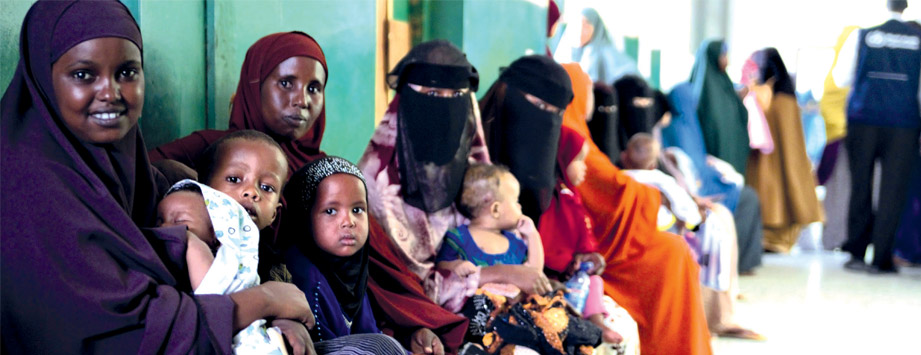Who we are
What we do
In collaboration with health authorities, we work to improve reproductive, maternal, neonatal, child and adolescent health in the country, primarily through the following actions:
Develop policies and standards of care
We provide evidence to inform and support the development of national policies strategies, plans and service standards and guidelines on reproductive, maternal, neonatal, child and adolescent health based on the best scientific data that ensure better RMNCAH care with the goal of reducing preventable deaths and saving lives of women and children.
Train health care workers and skilled birth attendants
We develop and implement strategies and plans to train, retain and engage health care workers, including skilled birth attendants, in reproductive, maternal, neonatal, child and adolescent health to ensure they are competent to implement RMNCAH interventions.
Work with partners
We engage with relevant United Nations agencies, and national and international partners to harmonize efforts to strengthen and enable health systems to address inequalities and ensure that all women and children have access to respectful and high-quality reproductive, maternity, child and adolescent health care.
Improve family and community health practices
We support the adoption of important family and community practices related to reproductive, maternal and child health and development to improve child survival, growth and development by reducing mortality and morbidity in women.
Support impact measurement, knowledge generation and response
We provide technical support to generate evidence and new knowledge, and measure the coverage and impact of interventions, and encourage accountability and reforms for safer care.





